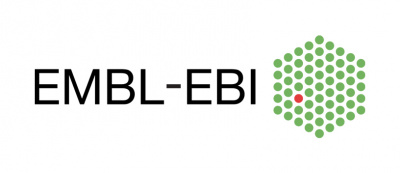You can find data in Pfam in various ways…
- Analyze your protein sequence for Pfam matches
- View Pfam annotation and alignments
- See groups of related entries
- Look at the domain organisation of a protein sequence
- Find the domains on a PDB structure
- Query Pfam by keywords
-
Enter any type of accession or ID to jump to the page for a Pfam entry or clan, UniProt sequence, PDB structure, etc.
- Or view the help pages for more information
Analyze your protein sequence for Pfam matches
Paste your protein sequence here to find matching Pfam entries.
You will be redirected to InterPro sequence search. You can customize your query there.
View Pfam annotation and alignments
Enter an accession (e.g. PF02171) to see all data for that entry.
You can also browse through the list of all Pfam families.
See groups of related families
Enter a clan accession (e.g. CL0005) to see information about that clan.
You can also browse through a list of clans.
View domain organisation of a protein sequence
Enter a sequence identifier (e.g. VAV_HUMAN) or accession (e.g. P15498).
You can browse proteins with Pfam domains.
Find the domains on a PDB structure
Enter the PDB identifier (e.g. 2abl) for the structure in the Protein DataBank.
Query Pfam by keyword
Search for keywords in text data in the Pfam database.

